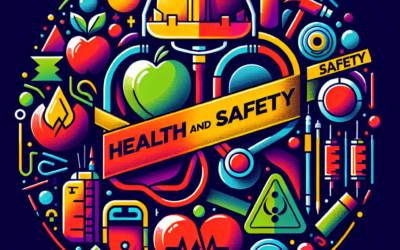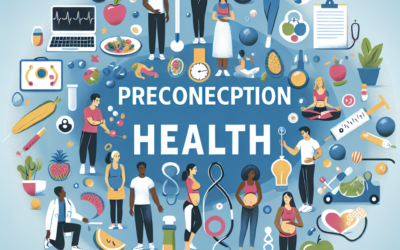Introduction to Baby and Pregnant Learning
Learning during pregnancy and the early stages of a baby’s life is a crucial period that sets the foundation for a child’s future development. This article explores the various aspects of learning for both pregnant women and newborns, emphasizing the importance of creating an enriching environment for cognitive and emotional growth.
The Learning Journey During Pregnancy
During pregnancy, a mother’s physical and emotional state significantly impacts her baby’s development. Engaging in learning activities not only helps mothers prepare for the journey ahead but also promotes healthy fetal development.
Benefits of Learning During Pregnancy
– **Cognitive Development:** Stimulating the brain through reading, listening to music, or attending classes can enhance brain function in both mothers and babies.
– **Emotional Well-being:** Learning about pregnancy and parenting can reduce anxiety and increase confidence, contributing to a healthier emotional state.
– **Bonding with Baby:** Activities such as prenatal yoga or talking to the baby can strengthen the emotional bond even before birth.
Types of Learning Activities for Expecting Mothers
1. **Reading Books and Articles**: Materials about pregnancy, childbirth, and parenting can equip mothers with knowledge on what to expect.
2. **Prenatal Classes**: These classes provide practical skills and information about childbirth and newborn care.
3. **Mindfulness and Relaxation**: Techniques such as meditation and yoga foster relaxation and prepare the body for labor.
The Importance of Learning After Birth
After birth, a baby’s brain development continues at a fast pace. The experiences and interactions during this time play a vital role in shaping cognitive and emotional outcomes.
Stages of Baby Learning
– **Sensory Exploration (0-3 months)**: Babies learn through their senses. Providing varied textures, sounds, and visual stimuli helps stimulate their development.
– **Social Interaction (3-6 months)**: Responsive caregiving, such as talking, singing, and playing, enhances social skills and emotional bonding.
– **Cognitive Skills (6-12 months)**: Introducing toys that encourage problem-solving, such as shape sorters and stacking blocks, supports cognitive growth.
Effective Learning Strategies for Newborns
1. **Talking and Reading**: Regularly speaking and reading to a baby enhances language skills and cognitive development.
2. **Playtime**: Interactive play promotes motor skills and cognitive abilities. Simple games like peek-a-boo can be fun and educational.
3. **Routine Establishment**: Consistent routines help a baby feel secure, fostering a conducive environment for learning.
The Role of Environment in Baby Learning
A nurturing and stimulating environment is critical for a baby’s growth. Consider these factors:
– **Safe Space for Exploration**: Allowing babies to move freely within a safe environment supports their natural curiosity.
– **Access to Educational Toys**: Provide age-appropriate toys that encourage exploration and learning.
– **Positive Interactions**: Encourage loving and supportive interactions that foster emotional security.
The Significance of Parental Involvement
Active participation of both parents in a child’s learning journey fosters a secure attachment, enhances emotional well-being, and boosts cognitive development. Engaging in shared activities strengthens family bonds and provides a supportive learning atmosphere.
Conclusion
Both pregnancy and the early years of a baby’s life are filled with opportunities for learning and growth. By actively engaging in learning activities, mothers and caregivers can significantly influence a child’s developmental trajectory. Creating a rich, supportive environment during these critical stages not only benefits the child but also strengthens the family’s bond as they embark on this beautiful journey together.










